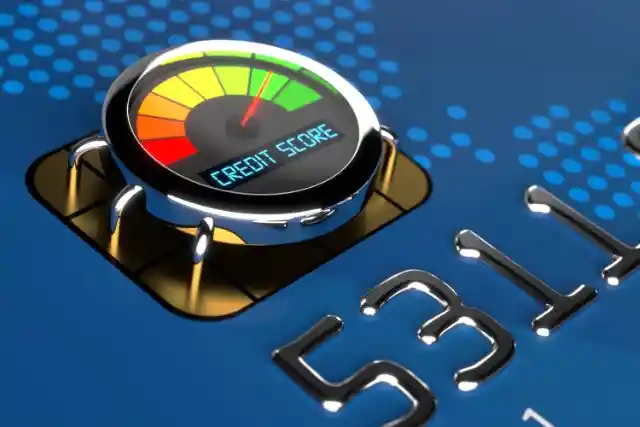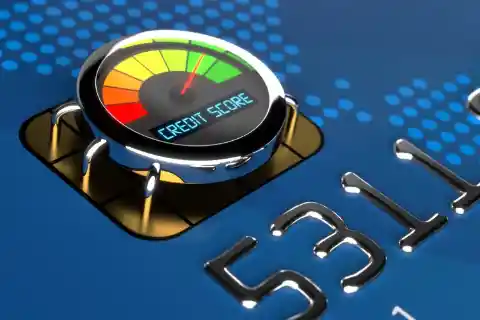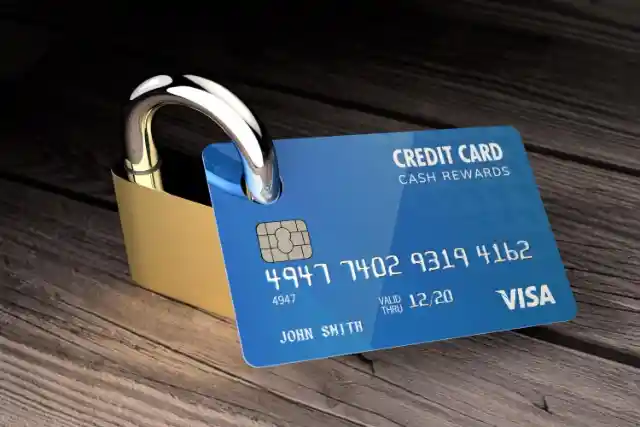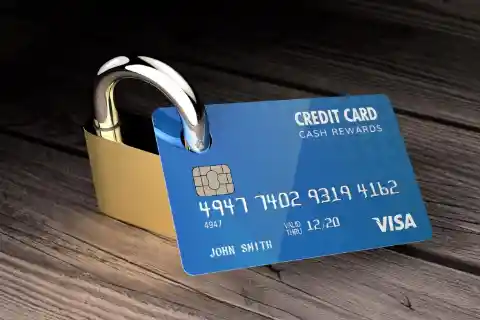Good To Know: A Good Credit Score Is Within Reach
2020 could best be described as “It was the best of times, it was the worst of times.” Err, mostly, the worst of times- but let’s be optimistic, shall we?
Amidst a pandemic, business closures, record unemployment, and general malaise and uncertainty, there were a few nuggets of shining optimism, including the fact that Americans’ credit scores are significantly rising.
According to the company behind the FICO rating system, the average U.S. credit score hovers around an all-time high of 711 out of a possible 850. VantageScore, a newer credit scoring system, also has taken note of an upward trend. Experian’s annual consumer credit review puts the average score at 688, indicating an increase of six points from the previous year. While consumers tend to be more credit-responsible during uncertain financial times, which could account for the uptick in scores, it’s worth noting that FICO cautions against unbridled optimism as it can take months before financial strain shows up in consumers’ credit performance.
Data provided by Experian shows that young adults who are members of Generation Z (individuals born after 1996) experienced the greatest credit score gains. On average, their scores jumped 13 points in the past year, primarily due to responsible credit management.


If you’re looking to boost your credit score, cast an eye to low credit utilization, which means you’re using a relatively small amount of your available line of credit. Utilization rates play a major role in determining credit scores, and Gen Z borrowers have seen the biggest decline in utilization rates, followed by millennials.
Additional factors making an impact on credit ratings: Millennials and members of Gen Z reduced their average credit card balances and missed fewer payments when the bill came due. What’s more, as individuals in their 20s and 30s reach adult milestones, including getting a credit card for the first time or buying a home and taking out a mortgage, their credit scores reflect these lifestyle — and financial — changes.
Five Ways To Build Up Your Credit Score


Your credit score isn’t set in stone; in fact, there are several ways you can set your credit rating on a better path.
Decrease Your Debt


Missed credit card payments can take a heavy toll on your credit score. If you’re struggling to make even minimum monthly payments, consider a debt consolidation loan. You can use a new low-interest loan to pay off high-interest debt. A free online service like Credible offers information about lending and consolidation options.
Get Better Insurance Rates To Help Reduce Your Debt


It’s not surprising that good budgeting and minimizing routine expenses can free up money that you can help you shed debt. By shopping around for the best rates on such things as homeowners and auto insurance, you could save hundreds or thousands of dollars, which you can then apply to your debt.
Write A ‘Goodwill Letter’ To Your Creditor


So you missed a payment — now what? If you want to avoid having that late payment leave a mark on your good credit history and ultimately affect your credit score, consider sending a ‘goodwill letter’ to the creditor. Own up to the mistake, emphasize your good customer history, and be specific about steps you’re taking to make sure it won’t happen again. Creditors aren’t obligated to reverse the mistake from your credit history, but they may opt to show you some leniency.
Consider A Secured Credit Card


If you can’t get approved for a standard credit card but are still looking to establish a solid credit history, you might want to look into a secured credit card. This type of card is low limit and requires a deposit to establish that limit. If you provide a deposit of $1,000, that’s your limit. Some secured credit cards offer incentives such as no annual fees and the option of establishing a minimum deposit amount that works for your budget.
Monitor Your Score


You can sign up with credit score monitoring companies and check out your score without incurring any cost. With a company such as Credit Sesame, you can see your VantageScore, and gain access to free credit monitoring and personalized suggestions for improving your credit score.